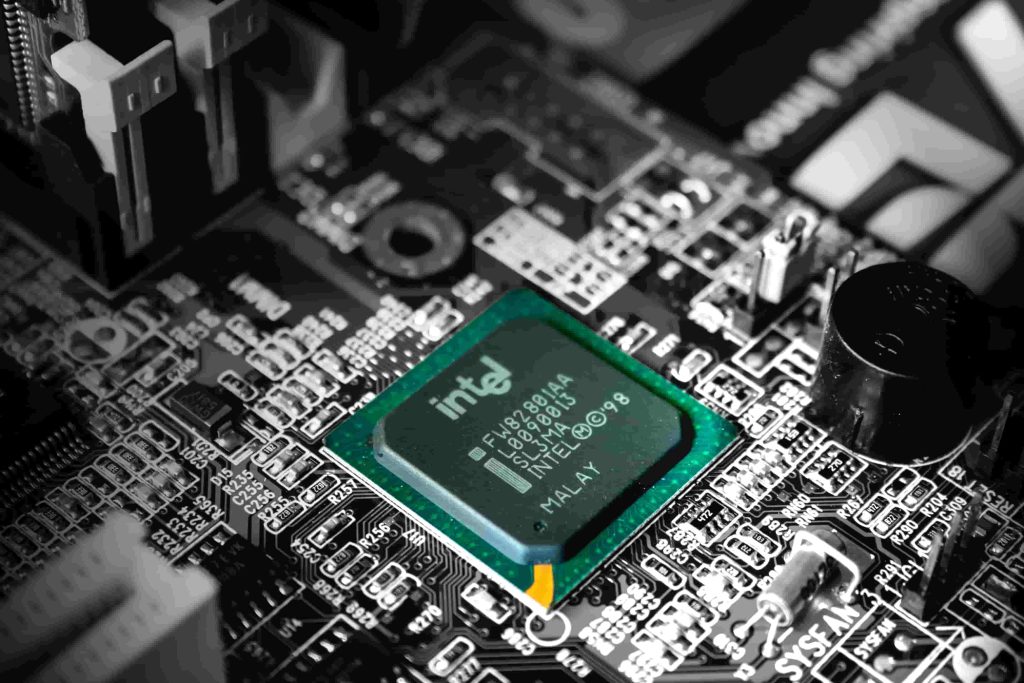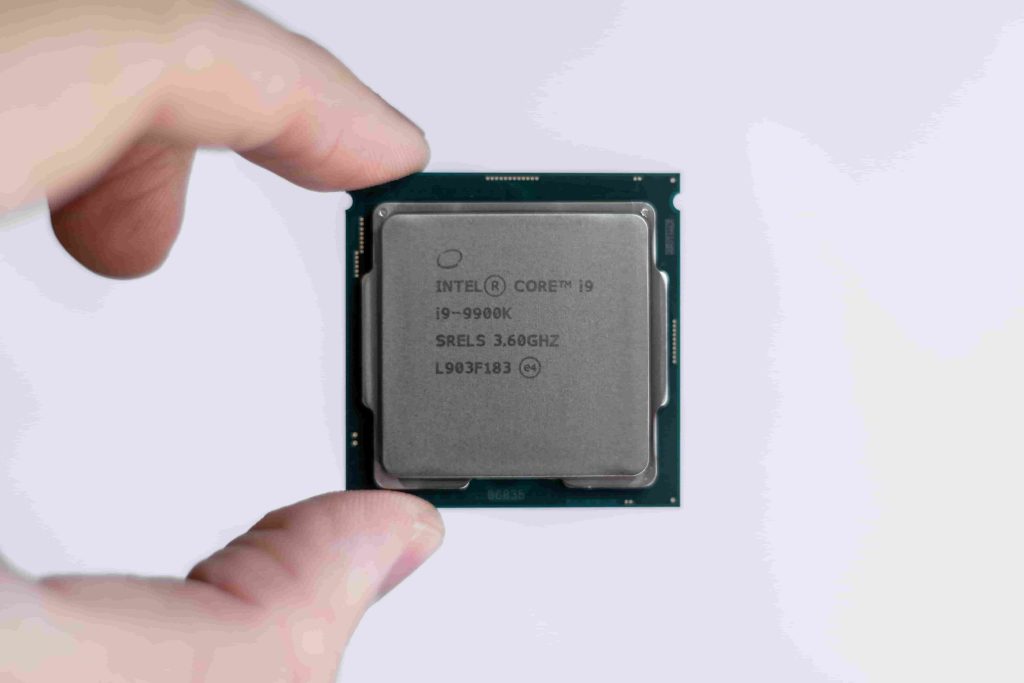Processor Clock Speed for Python
To maximize the capabilities of Python programming, it is important to know the hardware requirements of the computer, particularly the processor as this serves as the ‘brain’ of the system. Python programming is a powerful and popular programming language known for its relative ease of use. The clock speed of a Central Processing Unit (CPU) is measured in Gigahertz (GHz).
The minimum clock speed required to effectively a program run in Python is 2.5GHz. While this is the 2.5GHz minimum clock speed required. It is recommended that the frequency be 3GHz or higher to maximize performance, as faster clock speeds can process more instructions per second, thus improving the speed of the program overall. Also, If you want to run multiple applications simultaneously. then a higher clock speed is important for ensuring all programs can run without any issues.

Processor Model Options
Intel Core i3, i5, and i7 8th Generation is minimum, and 10th Generation of core i5 and i7 processors is recommended. On the AMD side, the AMD Ryzen 5 is minimum and Ryzen 7 or 9 series recommended
Intel’s 8th Generation Core i3, i5, and i7 processors are the essential minimum for python programming. These processors provide reliable performance and great value. However, Intel’s 10th Generation of Core i5 and i7 processors offer reliable performance and great clock speed and are highly recommended for those who need to enhance performance while using python. These processors offer significant gains in power and processing speed over the 8th Generation of processors and are well worth the investment.
| Product Image | Product Name | Features | Price |
|---|---|---|---|
 |
Intel Core i7-13700K | Base Frequency: 3.4 GHz Turbo Frequency: 5.4 GHz Cores: 8 Threads: 16 |
Check Price |
 |
AMD Ryzen 7 7700X | Base Frequency: 4.5 GHz Turbo Frequency: 5.4 GHz Cores: 8 Threads: 16 |
Check Price |
On the AMD hand, The AMD Ryzen 5 is the minimum requirement for using Python, having the capability to handle most tasks. For higher performance and power, the AMD Ryzen 7 or 9 series is recommended for more advanced Python tasks. The Ryzen 7 and 9 processors provide greater power and performance than the Ryzen 5 and are a worthwhile investment for executing more intricate tasks.

RAM
One of the most important things to consider before beginning is the RAM you have available. Python is a powerful programming language that can be used to build anything from web applications to games. For optimal performance, the minimum RAM requirement is 4GB, but 8GB is strongly recommended.
With 8GB, you’ll be able to run more heavy programs and larger projects without worrying about memory issues. It is recommended to have 8GB of RAM when using Python, as having 4GB may lead to slow performance and potential errors when running memory-intensive In order to ensure a smooth user experience you system must have has sufficient RAM available to complete the desired tasks.
Storage
Python programming can be a great way to kick-start a new coding and programming journey. For beginners, a 128GB Solid-State Drive (SSD) is sufficient to get started. This amount of storage is ample to provide space for the necessary programs and files for Python programming. For those with more advanced Python programming experience, a larger SSD may be beneficial in order to accommodate larger programs and longer coding sessions. Generally, a 128GB SSD should be sufficient for most Python programming needs, providing enough space to store the required files and programs for getting started.

Operating System
Python programming is supported by several operating systems, such as macOS, Linux, Windows 7, and Windows 10. All of these are capable of running Python applications and scripts. MacOS, the default operating system for Mac computers, is known for its powerful Unix system and is still suitable for Python programming. Linux is an open-source operating system with a wide range of available software packages, making it suitable for Python programming. Also, Windows is also a great OS for Python programming, as it includes the .NET framework, which grants access to an array of Python modules.




